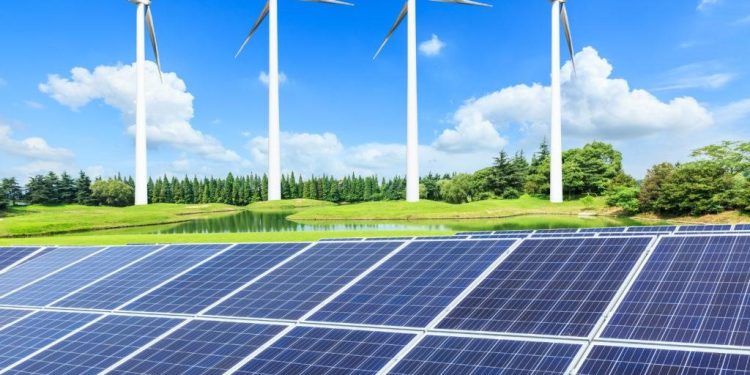Vietnam is experiencing rapid growth in renewable energy, emerging as a leader in solar and wind power in Southeast Asia. However, pollution concerns remain significant, challenging the nation’s environmental and economic progress. This article explores Vietnam’s renewable energy boom, the challenges of pollution, and the global partnerships aiding its transition to clean energy.
Vietnam’s Renewable Energy Growth
In recent years, Vietnam has become a renewable energy powerhouse.
- Solar and Wind Power: Solar and wind energy accounted for 15% of Vietnam’s electricity in 2022, showcasing a remarkable improvement.
- Global Recognition: Vietnam has surpassed regional peers like Thailand and the Philippines in renewable capacity.
- Foreign Investment: International interest in Vietnam’s energy sector is growing, with significant investments in renewable projects.
The Role of the Just Energy Transition Partnership (JETP)
Vietnam’s participation in the JETP program underscores its commitment to phasing out fossil fuels.
- Funding Support: The program provides $21 billion over three to five years to retire coal plants and develop renewable infrastructure.
- International Collaboration: The initiative includes funding from countries like Canada, Germany, and the U.S., alongside private sector investments.
- Policy Development: Vietnam has introduced policies supporting electric vehicles (EVs) and battery technologies as part of its renewable energy goals.
Challenges in Pollution Control
Despite renewable advancements, pollution remains a pressing issue in Vietnam.
- Industrial Emissions: The lack of stringent controls on industrial pollution continues to harm human health and ecosystems.
- Urban Air Quality: Major cities like Hanoi and Ho Chi Minh City experience severe air pollution, impacting quality of life.
- Waste Management: Inefficient waste disposal systems exacerbate environmental degradation.
Balancing Growth and Sustainability
Vietnam’s economic growth has been achieved through a “develop first, clean up later” approach.
- Energy Demand: Rising energy needs make it challenging to reduce reliance on fossil fuels.
- Public Scrutiny: Citizens and environmental groups are pushing for stronger government action to combat pollution.
- Technological Advancements: Investments in green technologies and infrastructure are critical for sustainable growth.
The Path Ahead for Vietnam’s Energy Transition
Vietnam’s commitment to renewables and international collaboration offers hope for a cleaner future.
- Scaling Renewables: Continued expansion of solar, wind, and other renewable sources is essential.
- Policy Reforms: Strengthening regulations on emissions and waste management can mitigate pollution.
- Community Engagement: Educating citizens on environmental issues and involving them in solutions fosters shared responsibility.
Conclusion:
Vietnam’s renewable energy surge marks a significant step toward sustainability, but addressing pollution challenges remains crucial. Through initiatives like the JETP, international support, and domestic policy reforms, Vietnam is poised to balance its economic aspirations with environmental stewardship, paving the way for a greener future.




